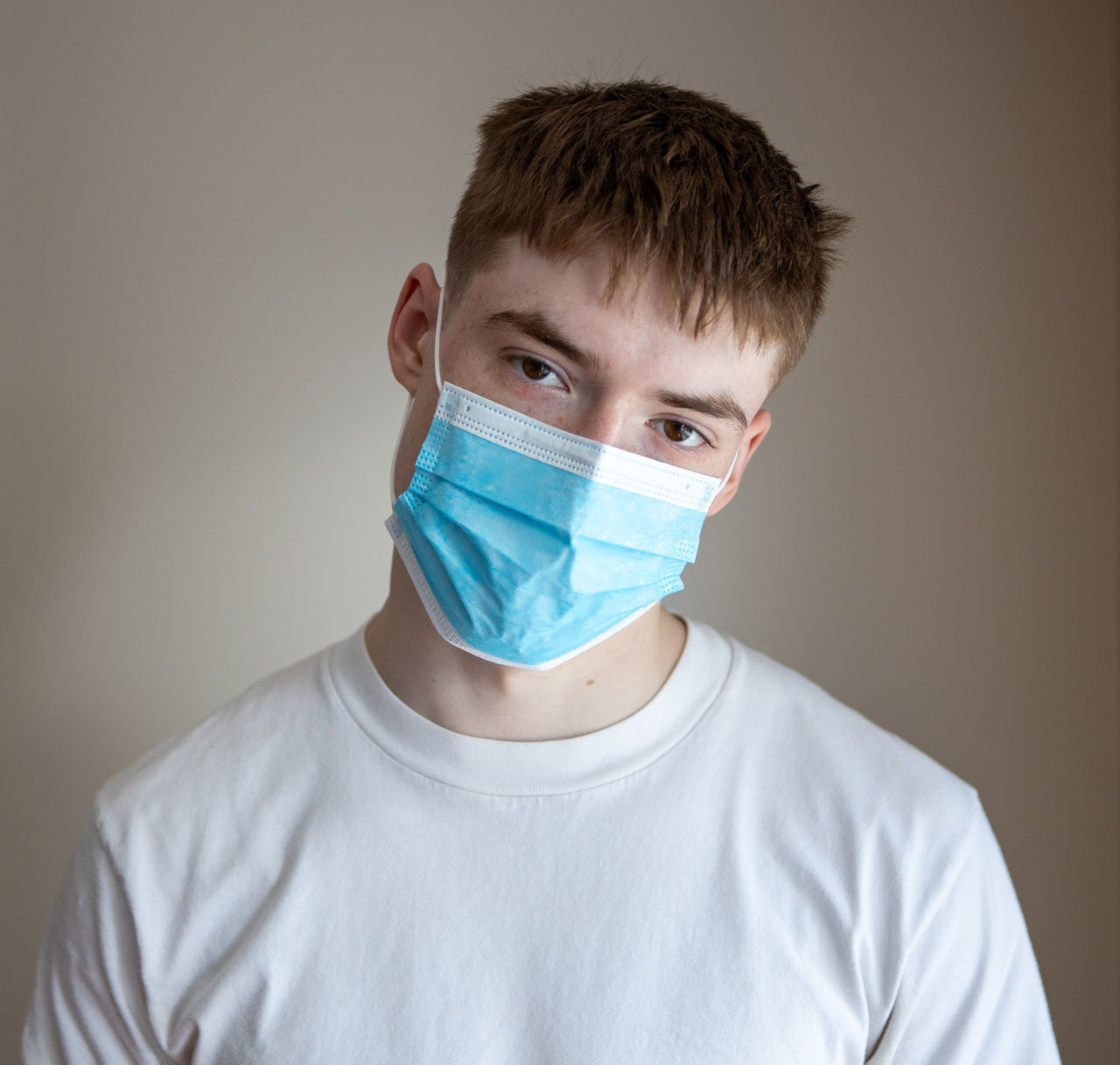Since the outbreak of the Ebola virus disease (EVD) in 2013, thousands of people have been infected, leading to a significant global health crisis.
While the focus has primarily been on the immediate effects of the disease, there is growing concern about the long-term consequences faced by Ebola survivors. Recent studies have shown that Ebola survivors face an elevated risk of both morbidity and mortality, raising important questions about their healthcare needs and long-term well-being.
The Physical Toll of Ebola
The Ebola virus causes severe and often fatal illness, with symptoms including high fever, vomiting, diarrhea, and internal and external bleeding. Survivors of EVD often experience long-lasting physical effects.
Studies have shown that survivors can suffer from a range of complications, including joint pain, vision problems, hearing loss, and neurological issues. Some survivors have even reported persistent fatigue and difficulty with daily activities, significantly impacting their quality of life.
Researchers have identified that the Ebola virus can persist in certain bodily fluids, such as semen, for extended periods, raising concerns about sexual transmission and potential long-term health implications.
For instance, Ebola survivors have shown evidence of ocular abnormalities, suggesting the presence of the virus in the eyes could lead to vision problems and potentially increase the risk of transmission.
Mental Health and Psychosocial Impact
Surviving Ebola can also have a profound impact on mental health. The experience of contracting and battling the disease, coupled with the loss of loved ones and the stigma associated with Ebola, can lead to significant psychological distress.
Studies have shown high rates of depression, anxiety, and post-traumatic stress disorder (PTSD) among Ebola survivors, highlighting the urgent need for mental health support and interventions.
The psychosocial impact of Ebola on survivors is extensive. Many face social isolation, discrimination, and rejection from their communities due to the fear and misunderstanding surrounding the disease.
Ebola survivors often struggle to reintegrate into their communities and rebuild their lives, facing barriers in accessing healthcare, education, and employment opportunities.
Healthcare Challenges and Long-term Complications
The healthcare needs of Ebola survivors are complex and multifaceted. In addition to the physical and mental health complications, survivors often require ongoing monitoring and care.
However, the healthcare systems in affected countries are often ill-equipped to handle the long-term needs of survivors.
Healthcare providers face numerous challenges in providing comprehensive care for Ebola survivors. There is a shortage of specialized healthcare services, limited resources, and a lack of trained personnel.
Additionally, the stigma associated with Ebola can deter survivors from seeking healthcare, leading to delays in diagnosis and treatment for both Ebola-related and unrelated conditions.
Furthermore, the long-term complications faced by Ebola survivors can have lasting effects on their overall health.
For example, joint pain and mobility issues can impact their ability to engage in physical activity, potentially leading to obesity and related health problems. Additionally, vision and hearing problems can hinder their capacity to work and perform daily tasks, affecting their socioeconomic status and quality of life.
Supporting Ebola Survivors
To address the elevated morbidity and mortality risk faced by Ebola survivors, it is crucial to develop comprehensive healthcare programs tailored to their specific needs.
This includes providing accessible and affordable healthcare services, specialized rehabilitation programs, and mental health support.
Community engagement and education are vital in dispelling myths and reducing stigma surrounding Ebola survivors.
Encouraging dialogue and raising awareness can help foster acceptance and inclusion, enabling survivors to reintegrate into society and access the support they require.
International organizations and governments must also prioritize long-term investments in healthcare infrastructure and capacity-building in affected countries.
This involves strengthening healthcare systems, training healthcare professionals, and ensuring the availability of essential resources.
Conclusion
Ebola survivors face elevated risks of both morbidity and mortality, with long-lasting physical, mental, and social consequences.
Addressing these challenges requires a comprehensive approach that includes specialized healthcare services, mental health support, community engagement, and investment in healthcare infrastructure. By recognizing the long-term needs of Ebola survivors and implementing appropriate interventions, we can improve their overall well-being and prevent further suffering.































